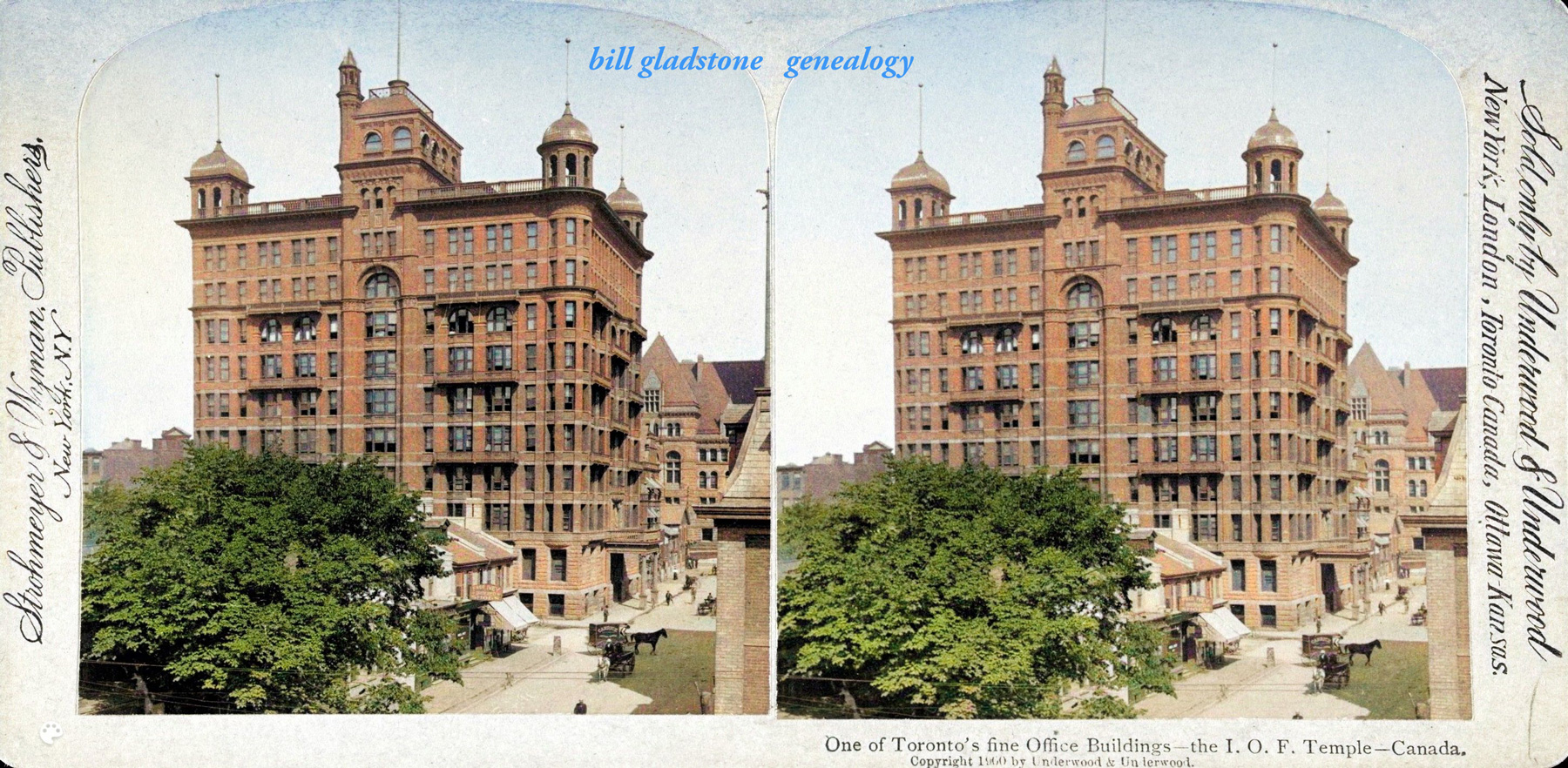 Who today has heard of the American writer Anzia Yezierska?
Who today has heard of the American writer Anzia Yezierska?
Her life was the sort of rags-to-riches-and-back-to-rags tale that she specialized in telling in her short stories and novels like Salome of the Tenements and The Bread-Givers.
She and her large impoverished family sailed from Poland in the 1890s and settled into a cramped tenement on the Lower East Side. Her father, rejecting the crass materialism of America, sequestered himself with the Talmud; her mother, embittered from the grind of daily existence, rejected America’s fetish for individualism as expressed through customs like children’s birthday parties.
“Birthdays?” the mother once retorted when the girl demanded to know her date of birth. “A birthday wills itself in you? What is with you the great joy? No shirt on your back — no shoes on your feet — not a penny in the house to buy bread — and you want yet birthdays?”
For Yezierska, like countless others of the immigrant generation, coming of age meant slaving in sweatshops and laundries. Yet, also like countless others, her spirit was infused by the promise of the American dream. Pushing herself to master English, she won a scholarship to Columbia and devoted every minute of her spare time to writing tales of Jewish immigrant life.
The effort paid off as major magazines began accepting her work; her short story, “The Fat of the Land,” was regarded as one of the best stories of 1919 and led Houghton Mifflin to publish a celebrated collection, Hungry Hearts, in 1920.
In a memoir published three decades later, Yezierska recalled how dramatically her life changed after that. One day in her tiny rooming house on Hester Street, a telegram arrived from Samuel Goldwyn, who offered $10,000 for the motion picture rights to Hungry Hearts. Within days Yezierska had an advance of $1,000 plus a first-class train ticket to Hollywood.
Before leaving, she paid a rare visit to her father and dropped $100 on the open pages of his book; he was revulsed by the open display of mammon. “In America, money takes the place of God,” he berated her. “Can you touch pitch without being defiled? Neither can you hold on to all that money without losing your soul . . . . Daughter of Babylon! You’ve polluted your inheritance and none shall be there to save you . . . . “
Yezierska scripted several silent films in Hollywood but never felt comfortable with its wealth, glamour and pretension; she described Hollywood society as “the fish market in evening clothes.” Despite lucrative contract offers, she feared the studio was drying her up and eventually fled in a panic. The relative obscurity that awaited her was broken only briefly by the appearance of her 1950 memoir, Red Ribbon On A White Horse. (The title supposedly came from a ghetto proverb: “Poverty becomes a wise man like a red ribbon on a white horse.”)
With equal parts prescience and irony, Yezierska had plotted her own career course in early stories like “The Fat of the Land.” The story focuses on a mother who struggles, first to feed her young children in the tenement, then, years later, with the humiliating realization that her grown kids are ashamed of her. Fully Americanized and highly successful, they buy her a fancy apartment on Riverside Drive; but, terrified of embarrassing herself before the servants, she flees to a friend’s tenement apartment below Delancey Street.
Yezierska had several marriages and a brief affair with philosopher John Dewey, who remained the idealized love of her life. She spent her last years with a daughter in California and died at nearly 90. Alas, the movies made from her writings also fell into obscurity. As a final bit of Yezierskian irony, all the prints and negatives have reportedly disintegrated into dust. ♦
© 2003






